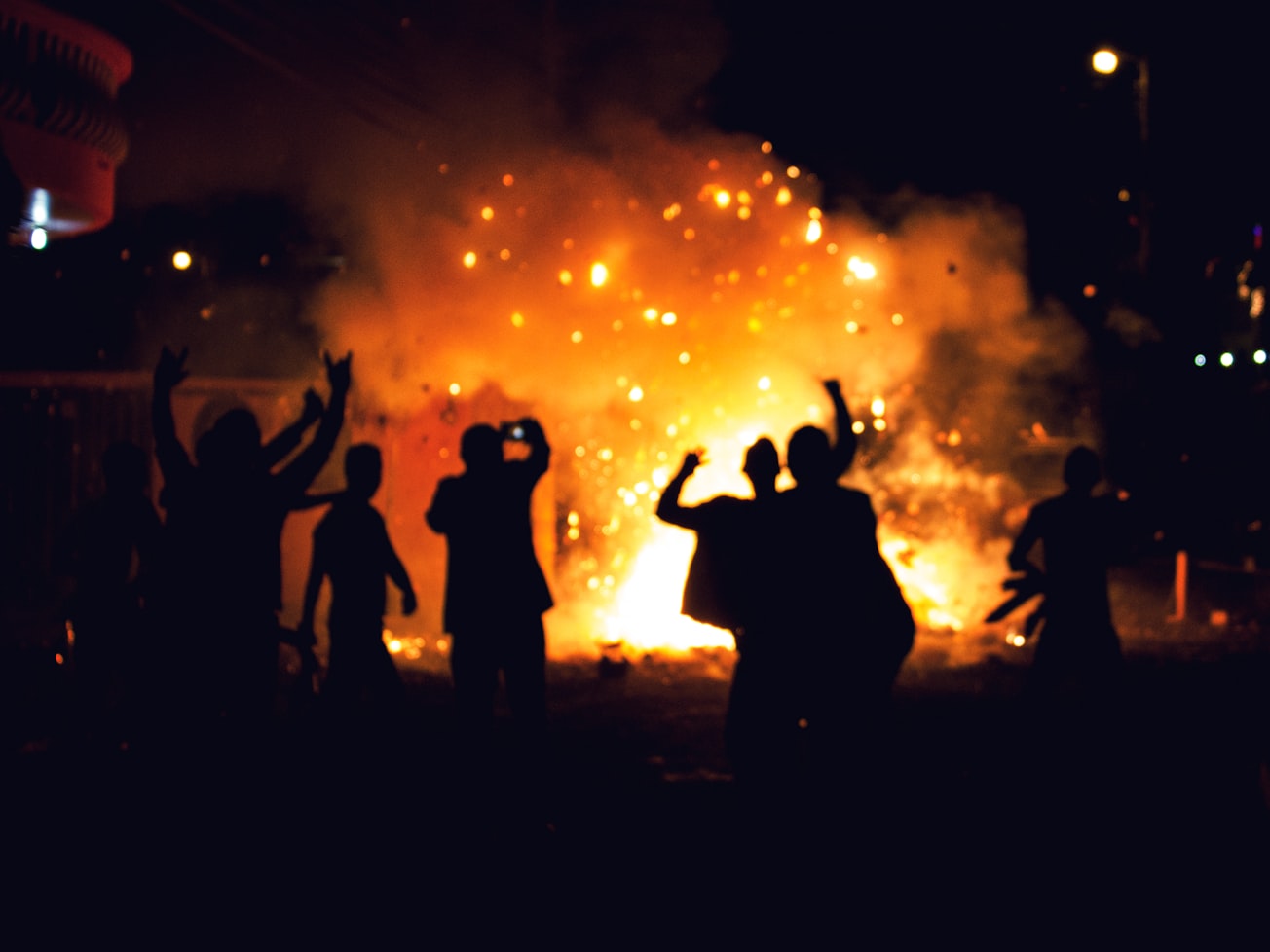What is it about?
How can we be sure that what and how we think are free of anti-black bias? Unfortunately, we cannot be certain. This presents a crisis for all knowledge production, including knowledge about the past. How should historians think about the work we do and its relationship to ongoing and seemingly unending racism? Are we participants in the perpetuation of racism even when we intend otherwise?
Featured Image

Photo by Alex McCarthy on Unsplash
Why is it important?
Acceptance of this crisis of thought is, ironically, a position of great opportunity, for if our thinking is so encumbered by anti-blackness and uncertainty, we have cause to be more imaginative, more creative, and more daring than the academic disciplines allow.
Perspectives
Historians often fail to explicitly theorize our craft. We tend to lean into history as an empirical discipline rather than an artistic endeavor. And we have relented that much of what we have to write and say will only be viewed by small academic audiences. Writing this piece helped me ask and begin to answer an important question for myself: what kind of historian do I want to be? To whom and to what causes is my work committed? I hope that it challenges others, historians and otherwise, to ask similar questions.
David Ponton III
University of South Florida
Read the Original
This page is a summary of: AN AFROPESSIMIST ACCOUNT OF HISTORY, History and Theory, April 2022, Wiley,
DOI: 10.1111/hith.12261.
You can read the full text:
Contributors
The following have contributed to this page










